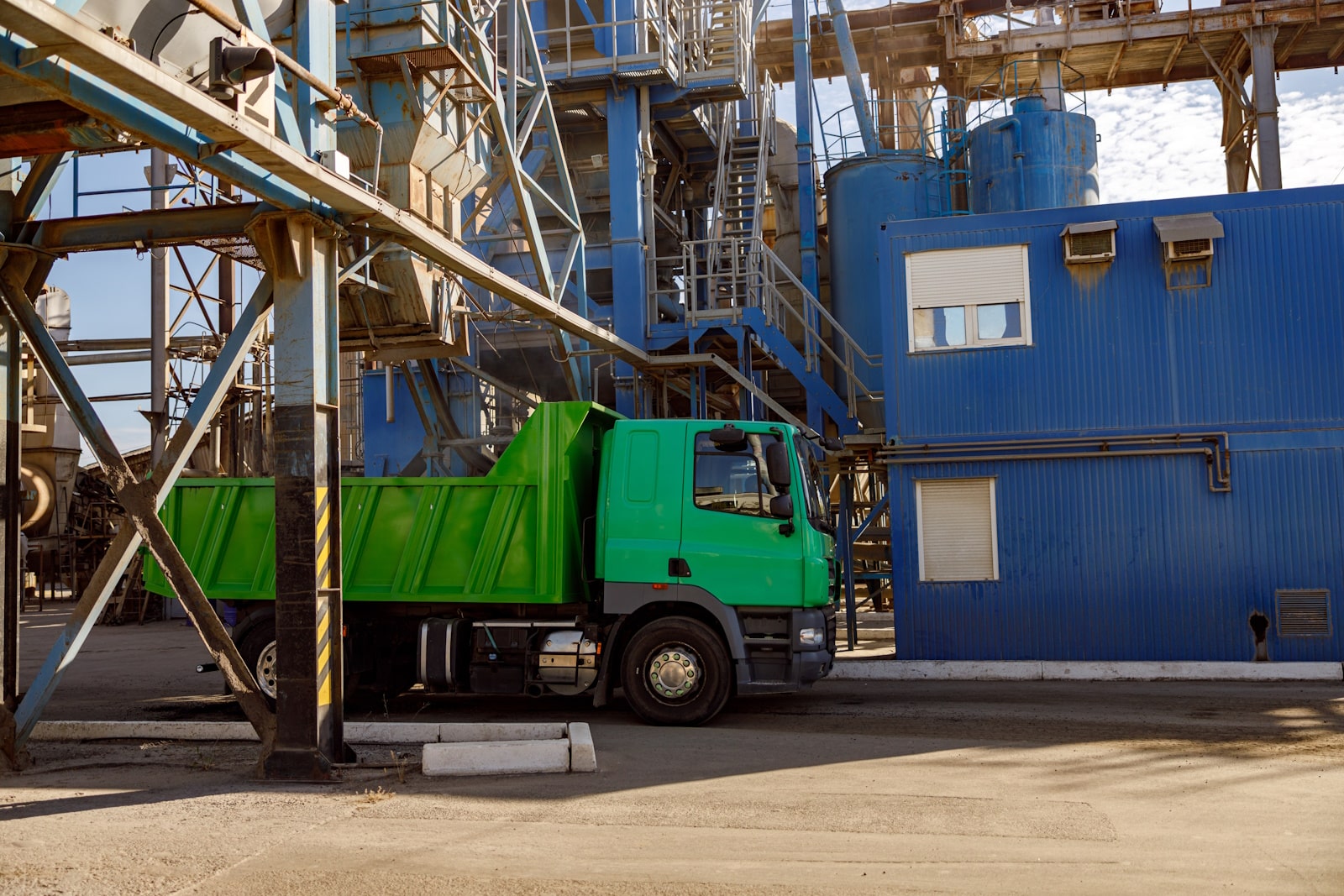Waste Management Companies: Leading Sustainability
Waste management has evolved into a crucial aspect of environmental responsibility, as businesses around the world, including those in South Africa, face increasing pressure to reduce their environmental footprint. For waste management companies, this means not only handling waste efficiently but also embracing cutting-edge technologies and sustainable practices. This blog will explore how these areas are reshaping waste management and the vital role companies play in the transition to a more sustainable future.
Zero Waste Initiatives: Embracing Sustainability Goals
Zero waste initiatives have gained significant momentum in recent years, with companies worldwide aiming to divert all waste from landfills and repurpose it into reusable resources. This ambitious goal is now a fundamental part of corporate sustainability strategies. In South Africa, where waste management is a growing concern, businesses are increasingly adopting zero waste goals to minimise environmental harm and align with government policies aimed at reducing waste sent to landfills.
For waste management companies, the rise of zero waste initiatives presents an opportunity to implement more efficient systems that reduce landfill waste. These companies are adopting practices like composting, recycling, and reusing materials to ensure that waste is given a second life. By doing so, they help businesses and municipalities meet national sustainability targets while reducing pressure on South Africa’s landfills.
One notable example is the South African government’s emphasis on recycling, with policies like the National Waste Management Strategy and the Waste Act pushing businesses to adopt more sustainable waste disposal methods.
Waste-to-Energy Technology: Converting Waste into Renewable Energy
As the world seeks to reduce reliance on fossil fuels and mitigate climate change, waste-to-energy (WTE) technologies are emerging as a vital solution. Waste management companies are increasingly harnessing the potential of WTE technologies, such as incineration and biogas production, to convert waste materials into renewable energy. This process not only reduces landfill waste but also generates electricity, heat, or biofuels that can be used to power homes, businesses, and industries.
South Africa’s energy challenges have made waste-to-energy solutions an attractive prospect. With power shortages and growing environmental concerns, waste management companies are exploring innovative ways to turn organic waste into renewable energy. For example, the incineration of waste in controlled environments can reduce its volume by up to 90% while producing energy that can be fed into the national grid.
Waste-to-energy facilities in South Africa are also leveraging biogas production, which involves the anaerobic digestion of organic waste materials like food scraps and agricultural residues. The biogas produced can then be converted into electricity or used as a renewable fuel for vehicles.
Hazardous Waste Disposal: Ensuring Safe Handling and Disposal
Hazardous waste disposal is a critical aspect of waste management that requires specialised knowledge and equipment. Waste management companies are tasked with the safe handling and disposal of hazardous materials such as chemicals, industrial by-products, and medical waste. Improper disposal of these materials can result in severe environmental contamination and pose serious health risks.
In South Africa, stringent regulations govern the handling of hazardous waste. The Waste Act and related legislation mandate that waste management companies comply with safety standards for the disposal of hazardous materials. This includes using specialised containers for storage, providing training for workers handling hazardous waste, and following proper disposal methods to minimise environmental impact.
One area where waste management companies are making significant strides is in the treatment of chemical and industrial waste. Through advanced technologies like chemical neutralisation, waste incineration, and secure landfill sites, these companies ensure that hazardous materials are disposed of safely and responsibly.
The Role of Technology in Advancing Waste Management Practices
Technology plays a pivotal role in modern waste management practices. With advancements in Artificial Intelligence (AI), the Internet of Things (IoT), and machine learning, waste management companies are improving efficiency, reducing costs, and enhancing sustainability. For instance, smart waste bins equipped with sensors can provide real-time data on waste levels, allowing for more efficient collection routes and better resource allocation. These technologies enable companies to optimise their operations, reduce fuel consumption, and lower greenhouse gas emissions.
Another area where technology is driving innovation is in waste sorting. Automated sorting systems are becoming increasingly common, enabling waste management companies to separate recyclables from general waste with greater accuracy and speed.
The Future of Waste Management: A Circular Economy Approach
The shift towards a circular economy is one of the most exciting developments in the waste management industry. Instead of the traditional “take, make, dispose” model, a circular economy promotes the reuse and recycling of materials, ensuring that resources are used more efficiently and waste is kept to a minimum. Waste management companies are embracing this model by collaborating with businesses across the supply chain to close the loop on material use.
In South Africa, circular economy principles are gaining traction, with government initiatives like the Extended Producer Responsibility (EPR) program encouraging companies to take responsibility for the entire lifecycle of their products. By participating in this program, businesses and waste management companies can reduce their environmental impact and contribute to the sustainable use of resources.
If you are looking for a waste management partner that aligns with your sustainability goals and helps you navigate the complexities of waste disposal, contact us today. Together, we can contribute to a cleaner, greener future.







